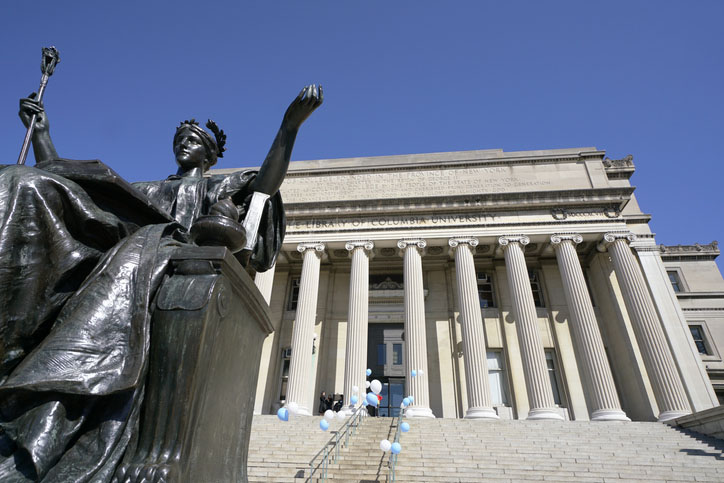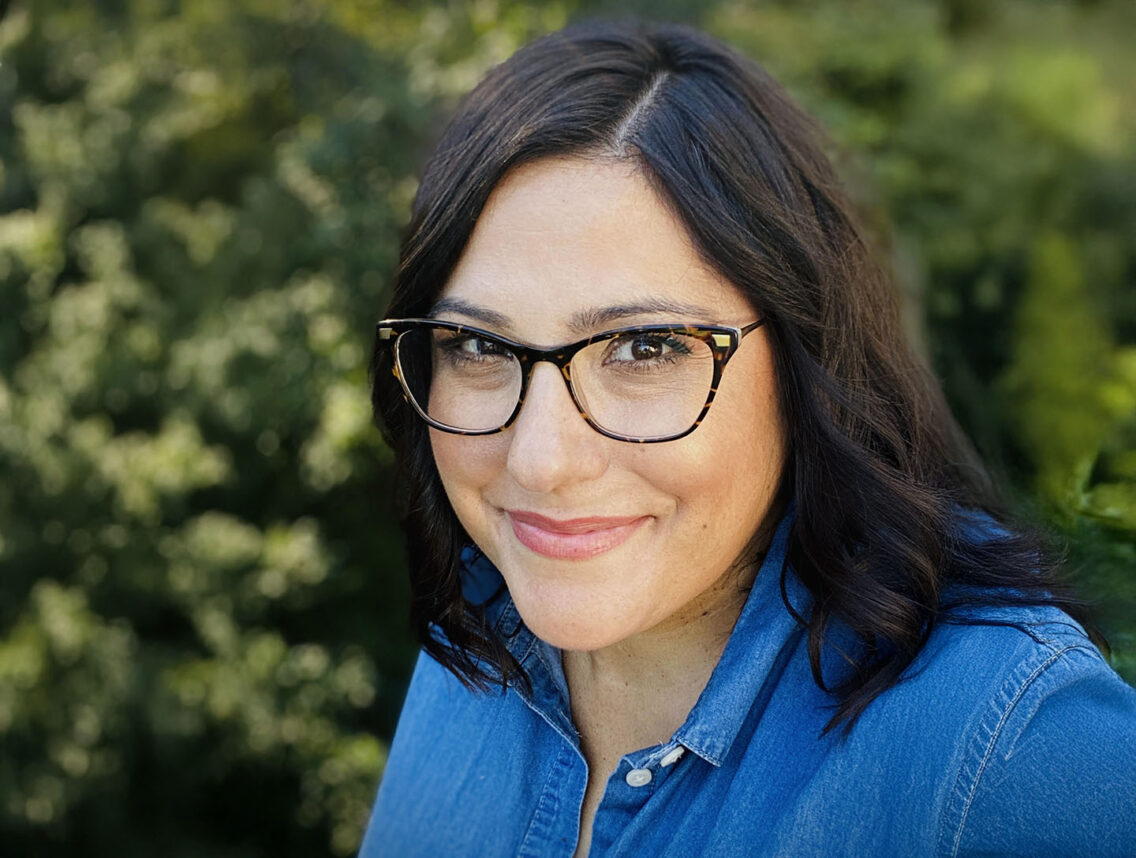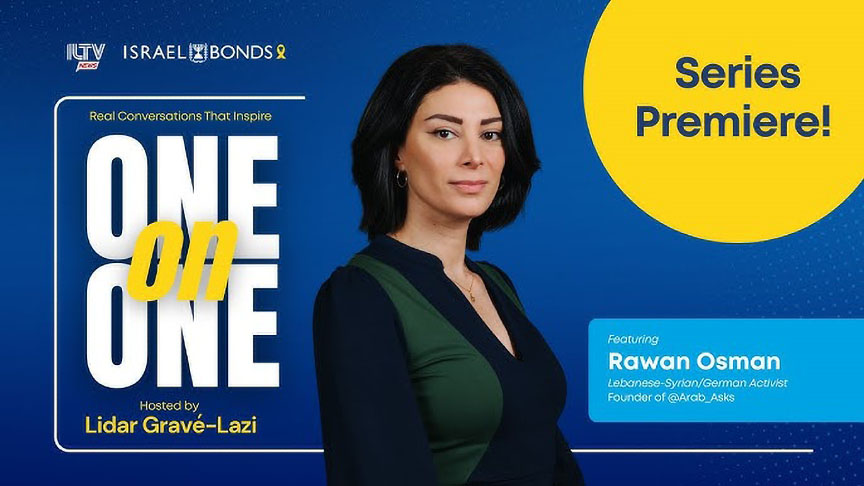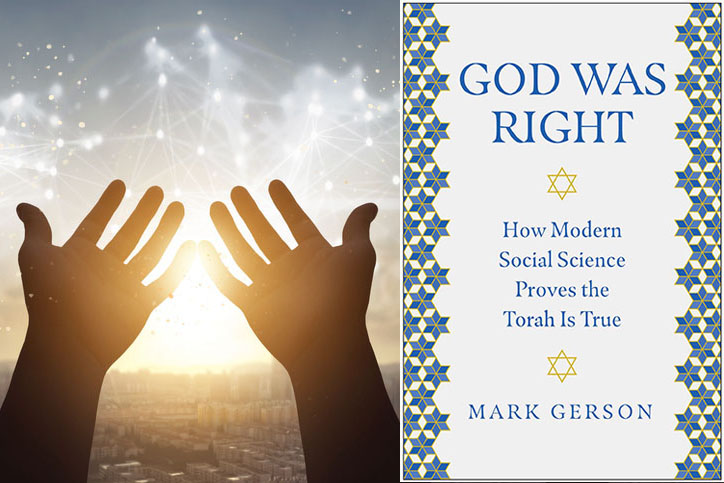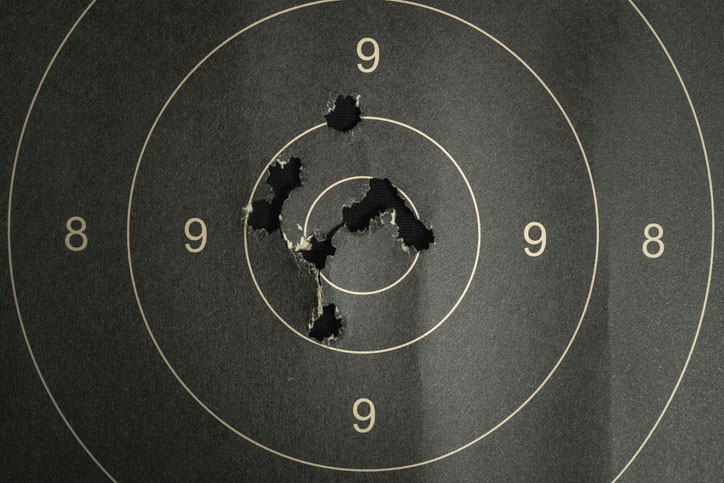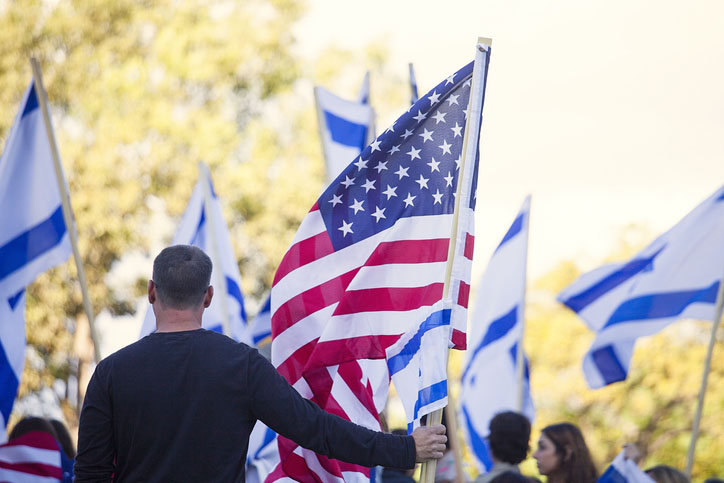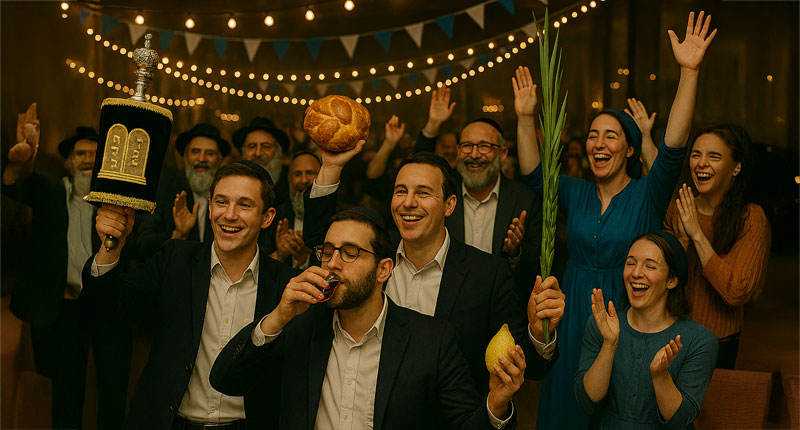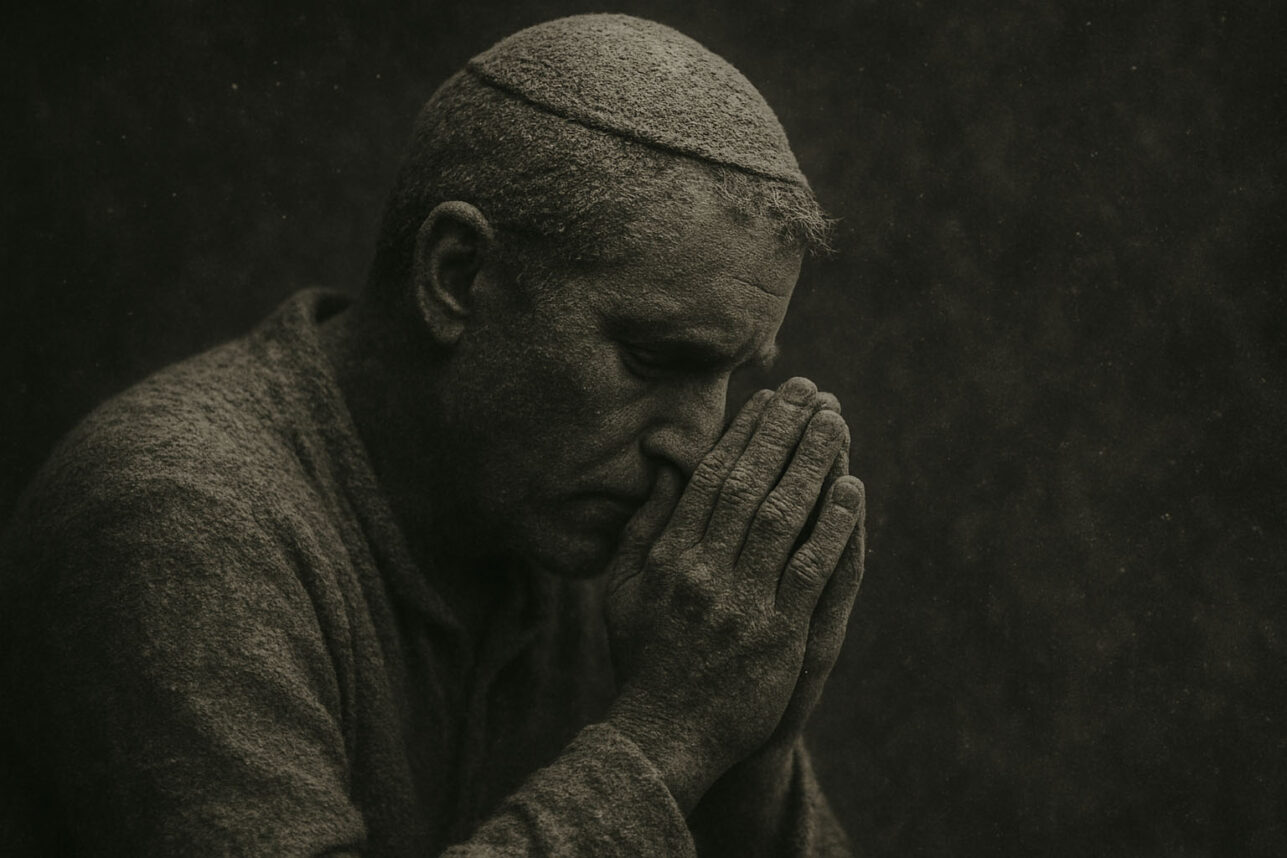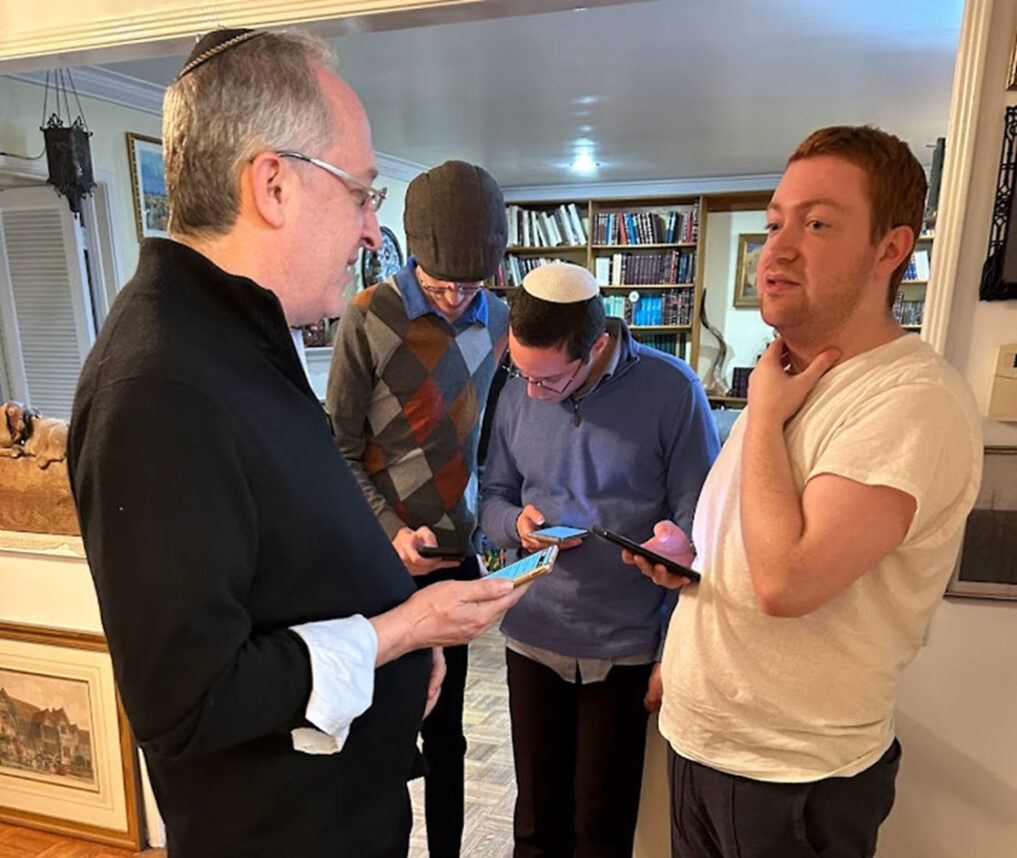Our guest this week is Rabbi Gordon Tucker, Senior Rabbi of the Temple Israel Center in White Plains, NY. A native of New York City, Rabbi Tucker holds the A.B. degree from Harvard University and a Ph.D. (in Philosophy) from Princeton University. He was ordained a Rabbi in 1975 by The Jewish Theological Seminary of America (JTSA). Rabbi Tucker joined the faculty of JTSA in 1976 and has taught there continuously ever since. From 1984 to 1992, he was Dean of the Rabbinical School at JTSA, in which capacity he directed the training of over 200 rabbis. He is Honorary Chairman (and former Chairman) of the Board of the Masorti Foundation for Conservative Judaism in Israel, and served on the Committee on Jewish Law and Standards of the Rabbinical Assembly from 1982 to 2007. Rabbi Tucker is the author of numerous articles on a wide range of subjects in Jewish thought.
This Week's Torah Portion – Parashat Sh'mini (Leviticus 9:1-11:47) – features the story of the death of Aaron's two eldest sons after they offer 'a strange fire' before God, as well as laws concerning Kashrut and rituals of purity. Our discussion focuses on the fascinating dialogue between Moses and Aaron following Aaron's tragedy, a dialogue in which Moses, the prophet, seems to take a more “priestly” view of things, while Aaron, the priest, seems to take a more “prophetic” one.

















